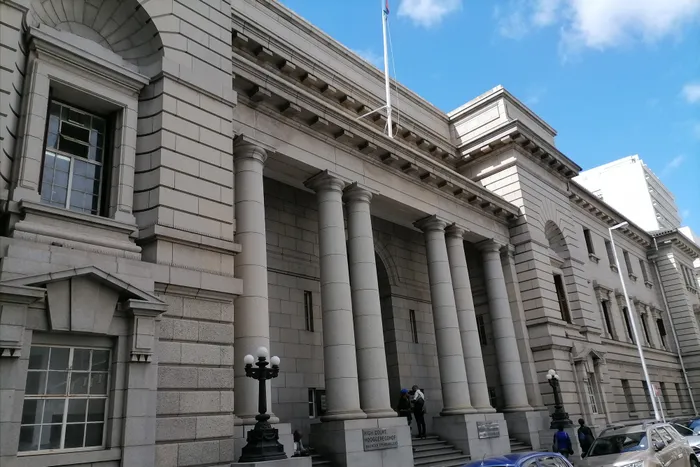Correctional Services liable for toddler's drowning at Mandela House

The Western Cape High Court holds Correctional Services liable following the drowning of a toddler at Mandela House in 2010, at the then Victor Verster Prison
Image: Patrick Louw / Independent Newspapers
The Department of Correctional Services has been held accountable for the damages caused to a family whose 18-month-old son drowned in 2010 in the swimming pool at the Mandela House premises, located at the former Victor Verster Prison.
The Western Cape High Court found that the department acted negligently in not ensuring that the swimming pool on its premises was secured.
The parents, referred to in the judgment as the H family, turned to court after it held the department liable for their child’s death. The now-named Drakenstein Correctional Centre, previously known as the Victor Verster Prison, is located midway between Paarl and Franschhoek.
Adjacent to and some distance from the high walls and gates of the prison complex lies a three-bedroom house with a garden and a swimming pool in the back yard.
The house is internationally famous as it was here that the late former President Nelson Mandela spent the last 14 months of his 27 years of imprisonment before his freedom in February 1990.
On the afternoon of August 13, 2010, the peaceful surroundings of the Mandela House were disrupted when the toddler fell into the swimming pool in the back yard of the house and drowned.
The parents claimed damages for serious chronic major depressive mood disorder and severe post-traumatic stress disorder which they claim to have suffered as a result of the drowning of their son.
The plaintiffs claim that the department’s employees were negligent in that they failed to lock and secure the Mandela House premises and failed to lock and secure the gates leading to the swimming pool.
Correctional Services initially raised a defence that the premises and swimming pool were under the control of an independent building contractor, which was repairing the swimming pool at the time, and that they should be blamed for the incident. The department later abandoned this defence and said the child’s parents were to blame as they should have kept an eye on him.
The court said the department’s business is safeguarding prison complexes, their surrounds, and the public from unauthorised access to its facilities and ensuring that persons and property under its control are secured effectively under lock and key.
Prophetic foresight was not required from a reasonable organ of state and its employees to see that the situation at the Mandela House swimming pool was an accident waiting to happen.
Practical preventative steps, such as locking the gates surrounding the pool shut with a padlock and installing a pool net, were required to avert harm to children who may gain entry to the swimming pool. Not taking such steps was unreasonable, the court concluded.
It added that, instead, the department continued maintaining the swimming pool and kept it filled with water at a house which was unoccupied, appeared abandoned, and lacked effective measures preventing access thereto by members of the public and young children.
The H family lived about 500 metres down the road from the Mandela House, on the prison property, as Mr H worked for the department.
On the afternoon of the incident, Mr H wanted to take his children out for a treat as he had just been paid. He first stopped at a friend’s house with his children which was located near the swimming pool.
When he found the toddler missing, he searched for him but could not find him anywhere. He started panicking and ran down towards the gates outside the Mandela House. He found the child in the backyard, floating in the swimming pool. He jumped into the swimming pool and grabbed the child in his arms. The child was rushed to hospital, where he was declared dead.
The amount of damages payable to the family will meanwhile be determined at a later stage.
Cape Times